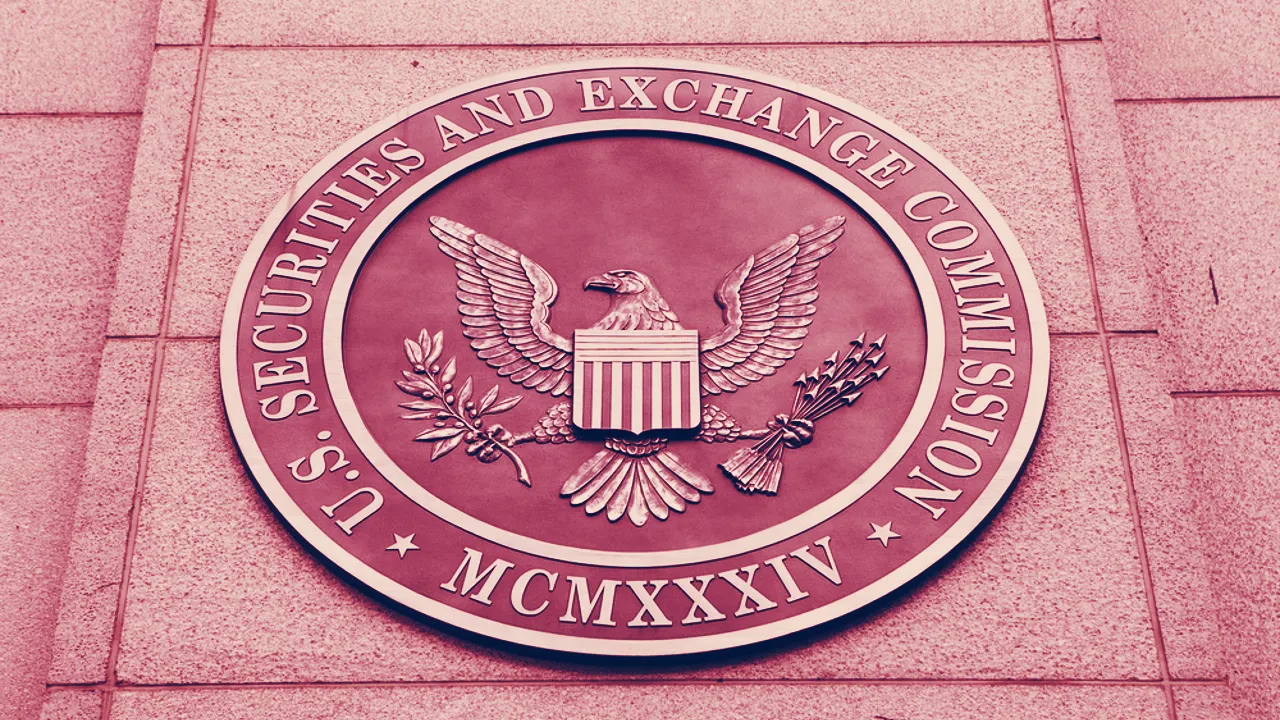Block.one, the company behind the EOS cryptocurrency, today settled charges with the U.S. Securities and Exchange Commission by agreeing to pay a $24 million fine over its unregistered ICO.
In 2017, Block.one raised the equivalent of $4 billion through the ICO that launched EOS.
You do the math.
As usual, the object of the SEC’s enforcement action has settled with the Commission without admitting or denying the charges. What’s unusual, however, is the relatively light penalty that the SEC has opted to levy against Block.one.
No disgorgement. No rescission (forcing Block.one to refund the many billion dollars-worth of tokens it sold). No nothing—other than a civil penalty that amounts to nearly one half of 1 percent of what the company raised in its ICO.
“A number of US investors participated in Block.one’s ICO,” Stephanie Avakian, co-director of the SEC’s Division of Enforcement, said in a statement. “Companies that offer or sell securities to US investors must comply with the securities laws, irrespective of the industry they operate in or the labels they place on the investment products they offer.”
Yeah, but, do they really?
For the last two years, the SEC has gained a reputation within the crypto industry for its campaign of Shock and Awe against ICO-funded startups that have been treated to a crash course in federal securities laws. Today’s move from the Commission served up a whole lotta shock, and heaping dose of awe, but of an entirely different flavor.
And reaction to the news from legal experts and industry insiders across the cryptosphere has so far been exactly what you’d expect.
Gabriel Shapiro, an attorney and founder of the crypto-focused ZeroLaw, pulled no punches: “Honestly I think this is a bad look for the SEC,” he wrote on Twitter. “This sends a message that violating securities laws can be quite profitable.”
Nic Carter, partner at Castle Island Ventures, echoed the sentiment: “The lesson here is that the government will not protect investors or demand disclosure from issuers,” he wrote.
What’s more, beyond avoiding costly penalties and rescission orders, Block.one has also dodged any requirement to register EOS as a security. The SEC’s order, as Block.one noted in its own statement regarding its settlement today, deals strictly with the ERC-20 “placeholder” token that the company sold to investors during the ICO—and not the EOS token that is currently in circulation.
In so doing, the SEC sidestepped making any decision regarding the status of EOS today—security or non-security—which means cryptocurrency exchanges will not necessarily be required to delist the token.
To be a fly on the wall of Kik's (former) headquarters right now.

